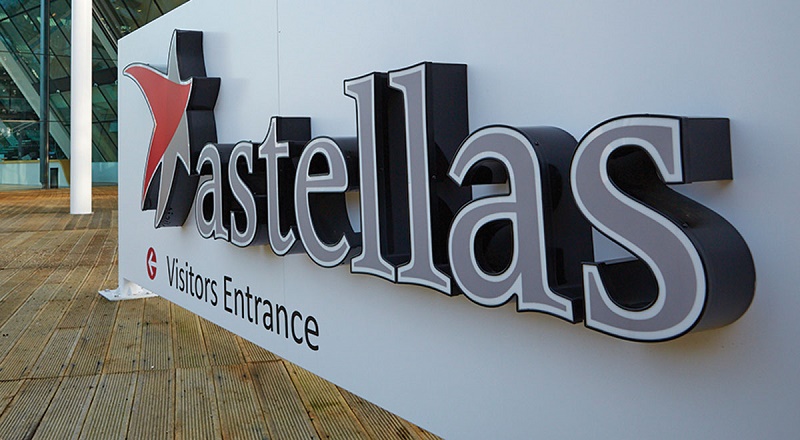Astellas Pharma and Seattle Genetics announced dosing of the first patient in EV-201, a registrational phase 2 clinical trial of enfortumab vedotin for patients with locally advanced or metastatic urothelial cancer who have been previously treated with checkpoint inhibitor (CPI) therapy. The EV-201 study will assess the antitumor activity and safety of enfortumab vedotin to support potential registration under the U.S. Food and Drug Administration’s (FDA) accelerated approval regulations.
“Locally advanced or metastatic urothelial cancers are often aggressive and treatment-resistant. Treatment options are limited for those many patients who do not respond to chemotherapy and checkpoint inhibitors, or CPIs. In addition, there are no FDA-approved therapies for patients who progress following CPI treatment,” said Jonathan Drachman, M.D., Chief Medical Officer and Executive Vice President, Research and Development at Seattle Genetics. “Initiation of this pivotal phase 2 trial of enfortumab vedotin is a significant advance toward our goal of providing a new treatment option for patients with locally advanced or metastatic urothelial cancer.”
The primary endpoint of the single-arm, open-label trial is confirmed objective response rate (ORR), per independent review. Secondary endpoints include assessments of overall survival, progression free-survival, safety and tolerability. The study will enroll approximately 120 patients at multiple centers globally, and enfortumab vedotin will be administered three of every four weeks for the duration of treatment.
“The initiation of the EV-201 clinical trial demonstrates our continued commitment to patients living with locally advanced or metastatic urothelial cancer,” said Steven Benner, M.D., Senior Vice President and Global Therapeutic Area Head, Oncology Development at Astellas. “Our decision to move forward with this registrational trial is based on the results of our ongoing Phase 1 study, and we look forward to future clinical development milestones for enfortumab vedotin.”
The companies also plan to initiate a combination trial of enfortumab vedotin with CPI therapy in late 2017.

